The media is a vast source for new information, but what’s the limit of truth? How many disorders are people lying about having for clout? And how is the media supporting this?
When I was young, I always felt different from others, but I didn’t look into it until sixth grade. I knew deep down that something was wrong with me, and the way I act. I counted everything, making sure I always had the same number. If not, I would break down and cry. It always felt childish, but most importantly it felt torturous. I had no clue what OCD was when I was younger, until I was introduced to the media.
The media told me I had Autism, then ADHD, then depression. Influencers I was foolish enough to look up to lied about those disorder symptoms, and I was misdiagnosed for two years.
When I finally found a therapist, I was correctly diagnosed with Obsessive Compulsive Disorder. The therapist I had gave me the truth, and the media gave me lies that made my journey harder. The constant addition of being told I had so many things wrong with me made me feel depressed. I felt like there was always going to be something more to pile onto my shoulders. The further I went down the rabbit hole, the more disorders the media introduced for simple traits and solutions for my problems.
This article is for me, and for many, about how disorders are far more complicated than social media portrays
Different Disorders:
Let’s start with the facts.
The four disorders I will be discussing that are most affected by the media are OCD, ADHD, OCPD, and BPD. OCD, also known as Obsessive Compulsive Disorder, is a long-lasting disorder that deals with uncontrollable thoughts and behaviors.
The second disorder I will be talking about is ADHD; Attention-deficit/ hyperactivity disorder. It most commonly affects how one can pay attention or act.
OCPD, one of the most common disorders to be confused with OCD online, stands for Obsessive-compulsive personality disorder. As you can tell from the name, it is a personality disorder that deals with obsessive control and perfectionism.
Lastly, BPD; borderline personality disorder, is a disorder that severely impacts one’s emotions and how they manage them.
Making Excuses:
Kids nowadays are dependent on the media. They rely on it for information without a second thought of if it’s true. When they see someone, for example, faking a disorder; while also gaining clout, then what’s to stop other kids from using that disorder as well? It’s the easier way to get attention, so why not? I believe this is the mentality of many children out there that are usually neglected and looking for excuses to gain attention.
During an interview I had with an 8th-grade student at my school, Ayla Lugo, she stated, “People will use any excuse including disorders to take the easier route in life, no matter how it makes others who have these disorders feel.” Isn’t that true? For example, if you were late to an event, and an old lady needed help to cross the street, would you even help her? Or would you use the excuse that you are late to ignore them? Most people would choose the excuse, whether for good or bad reasons. This can be the mindset of a lot of people who are willing to use bad excuses for an even worse reason.
Even in certain situations, kids feel entitled to start acting like a disorder just because people around them are; as an excuse to fit in. Mr. Tyler Malmstrom, a teacher here at my school, agrees, “I feel like in certain instances they may even start acting like that disorder.” He stated, “In some ways they’re influenced to feel like they have it.” That influence can come from not only people, but from the media. Whether or not which one it is, most likely the media will be giving false information, which inspires kids to self-diagnose. Research shows that nearly one million children are misdiagnosed with ADHD specifically.
To the kids who are influencing the behavior of faking disorders, where do you think they got that idea, and false information? Most likely from influencers on the media.
Social Media and False Information:
Popular social media platforms can hold information for all to see. Yet, for how much information each one holds, not all of it can be deemed as true. Mr. Malmstrom stated, “I think that Twitter, Instagram, Tiktok, and Snapchat all of those now popularized ones put out a lot of false information.” Most of those platforms are used for entertainment, so why should we put our trust into the information put on there? False information to either get people mad, or gain attention, are actually put out there more than truth. Research from U.S. Prig shows that 15% of news-sharers on Facebook were sharing 40% of the false information about the news. This shows just how common misinformation is spread.
From my own personal experience, I let that false information change my life. I’ve seen many kids now, following in my footsteps even earlier on. They wear the disorders proudly, but falsely; sharing false information about that disorder, because that’s what the media made them believe. Mr. Malmstrom agrees, and admits he has seen this before. It stirs a certain amount of concern in him, and he explains further, “It concerns me because sometimes I feel like kids that are trying to find themselves will listen to what some random person is saying about something and take it as truth.” Kids are so vulnerable to information, and it can affect them more than they think.
I never shared my story with anyone at first, because I felt foolish for losing myself to the media’s information in the first place, when all I wanted to do was find myself. When I was so desperate to find myself, I turned to anyone and took their words as truth.
How I was introduced to these videos sharing false information about disorders was from videos about simple personality traits. As I gained confidence over the years, I finally shared my story with Mr. Malmstrom. He was an amazing peer to lean on for help, and he shared that, “I’ll see something [on the media] and in a lot of those videos they’ll even list, like, [everyday] kinds of behavior…They’ll label, like, for example: ‘Do you let your laundry sit out for like a week at a time?’ and they are like, ‘if you do, you have ADD.’”
These were the videos that dragged me into the rabbit hole of false symptoms of disorders, and made my mind corrupt with different solutions to a problem I didn’t even know how to deal with. I was too scared to lean on my parents, and leaning on the media was the biggest mistake I could’ve made. I regret it, but that didn’t stop the algorithm from introducing me to even more videos just like the one Mr. Malmstrom explained.
Conclusion:
The idea I wish to leave with you, reader, is that the media can be a distrustful and toxic poison that can force you to drink up false information. Disorders are so much more serious, and dangerous than they appear. This not only can affect you, but the entire generation of kids who are being born into constant media and technology advancements. They won’t be able to know what’s true, and it may become too late before they can figure out the truth. Which in the end, can cost lives.
Mr. Malmstrom said, “I think one of the biggest problems in our current generation is that everything is at our fingertips,” he explained further, “Even mine, but especially yours. Everything is at your fingertips. You can get all the information in the world, but the problem is you don’t know what’s true and what’s not.” The importance of truth goes even past the media, and to people’s morals. Not only does the media share false information, but so do people. They put that false information out to trick others, or maybe that’s just what they heard, and they are using it as fact.
This can not keep going on with no consequences. I’ve seen people break, and ruin themselves over what some person is saying that might not even be true. I’ve cried and ruined myself over information that I thought could destroy any ounce of hope I could’ve had for the future. Only for it to be false, and I wasted two years of my life crying over what the media said to be true. It was foolish, I admit it, but I refuse to let anyone else waste such precious time on the media’s lies.
This is why I am writing about this topic. People need to look into subjects before taking it as truth from first glance. I only wish to hope that the media can change to become a good, trustful, source of knowledge. Which, in the end, will never be possible. Yet maybe people can learn to avoid the toxicity of the media’s lies, and can avoid the mistakes I’ve made.
Thank you for reading.

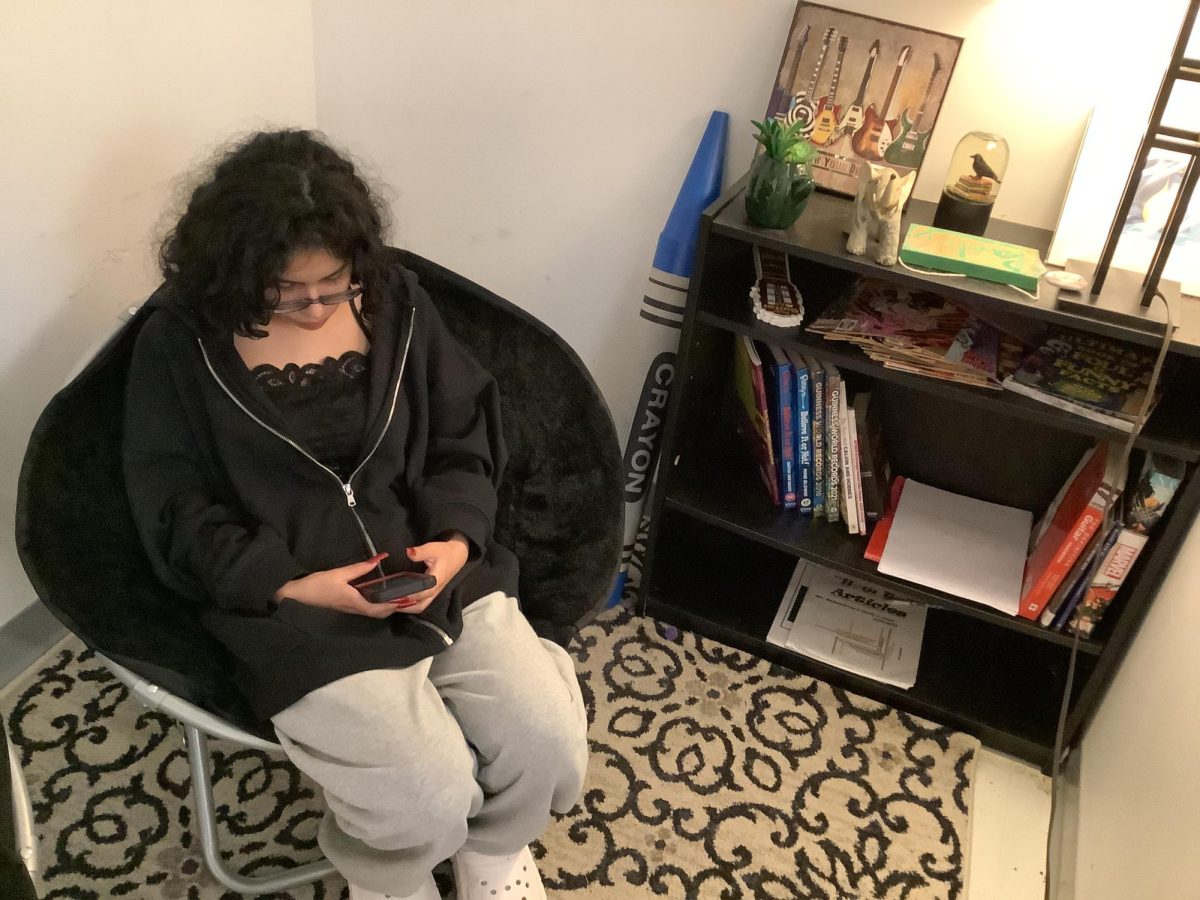




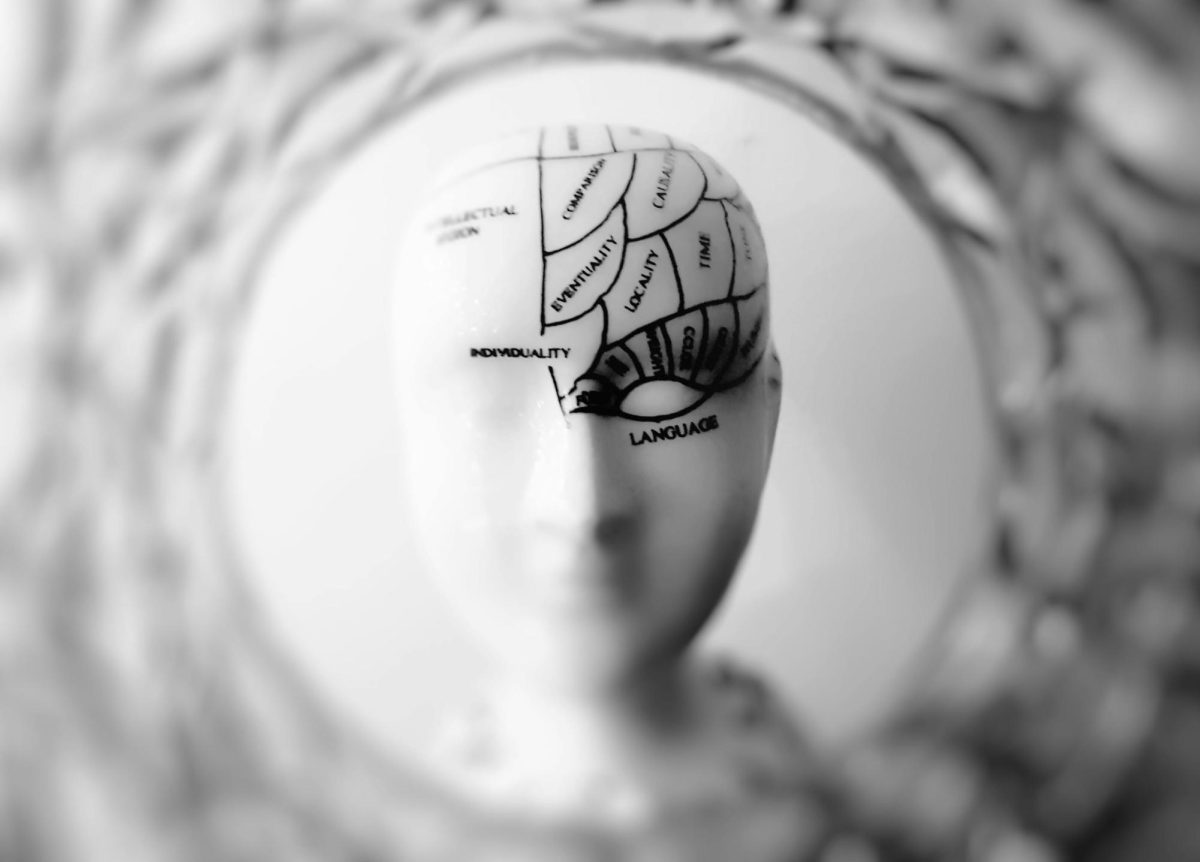

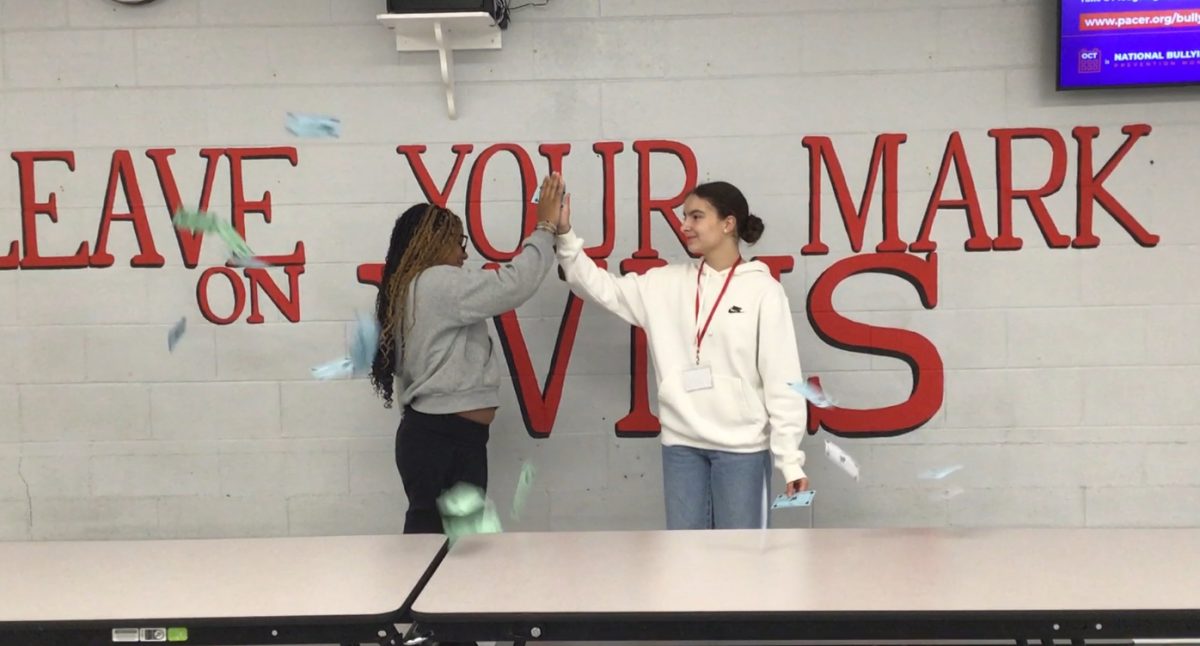
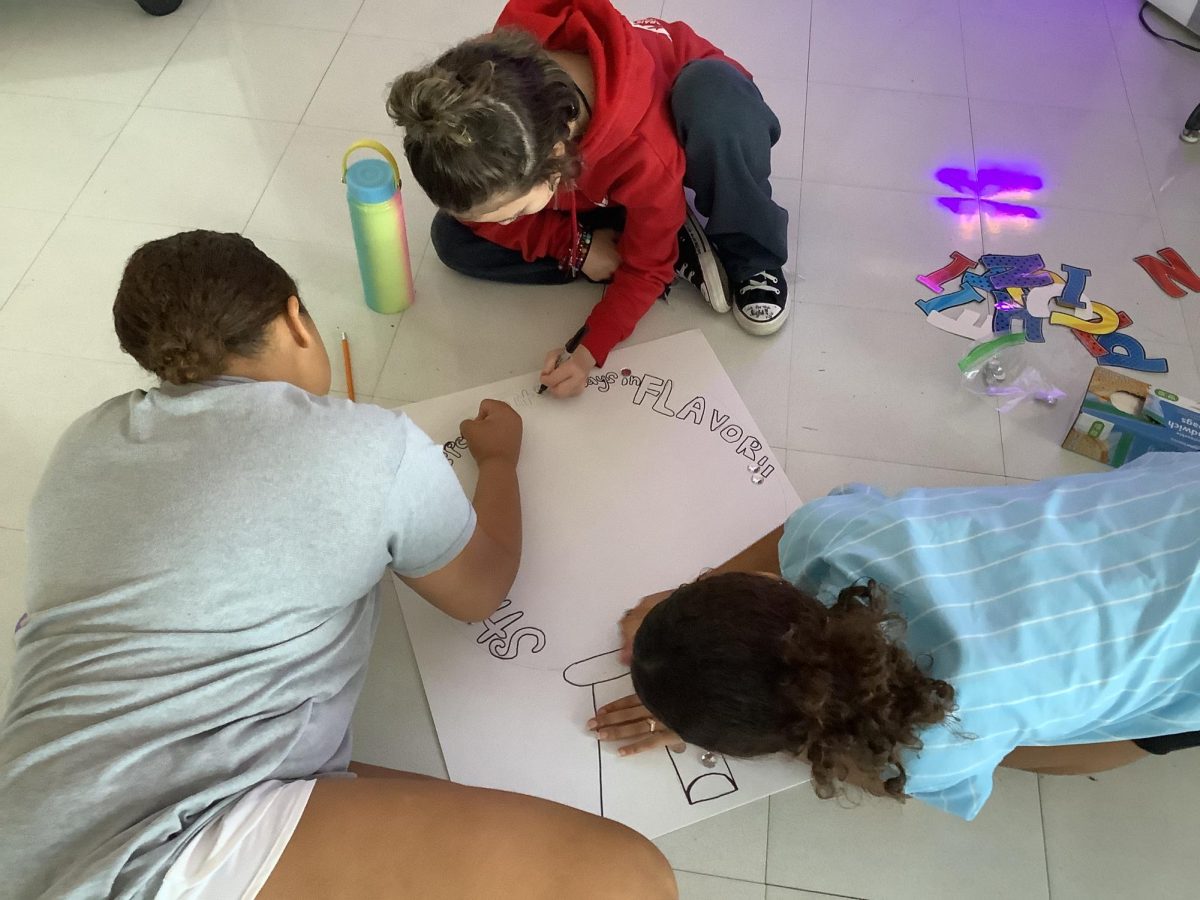
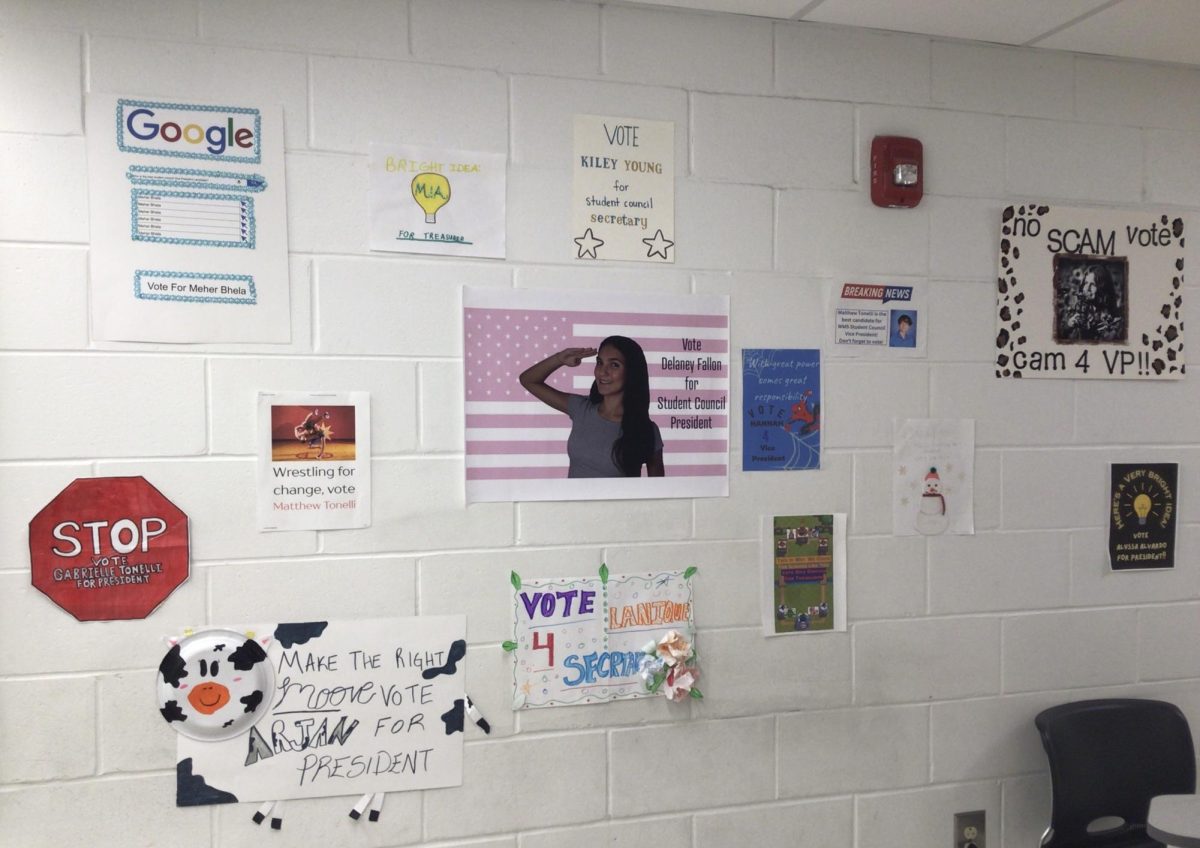
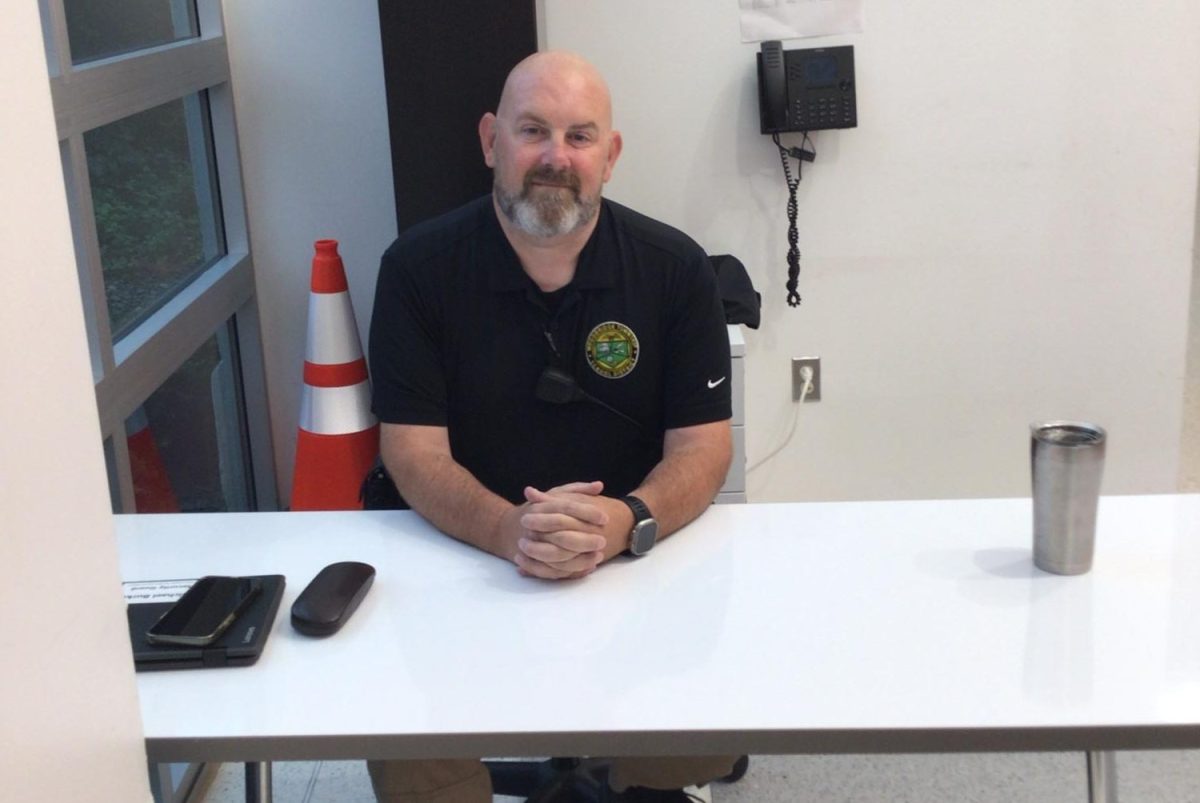
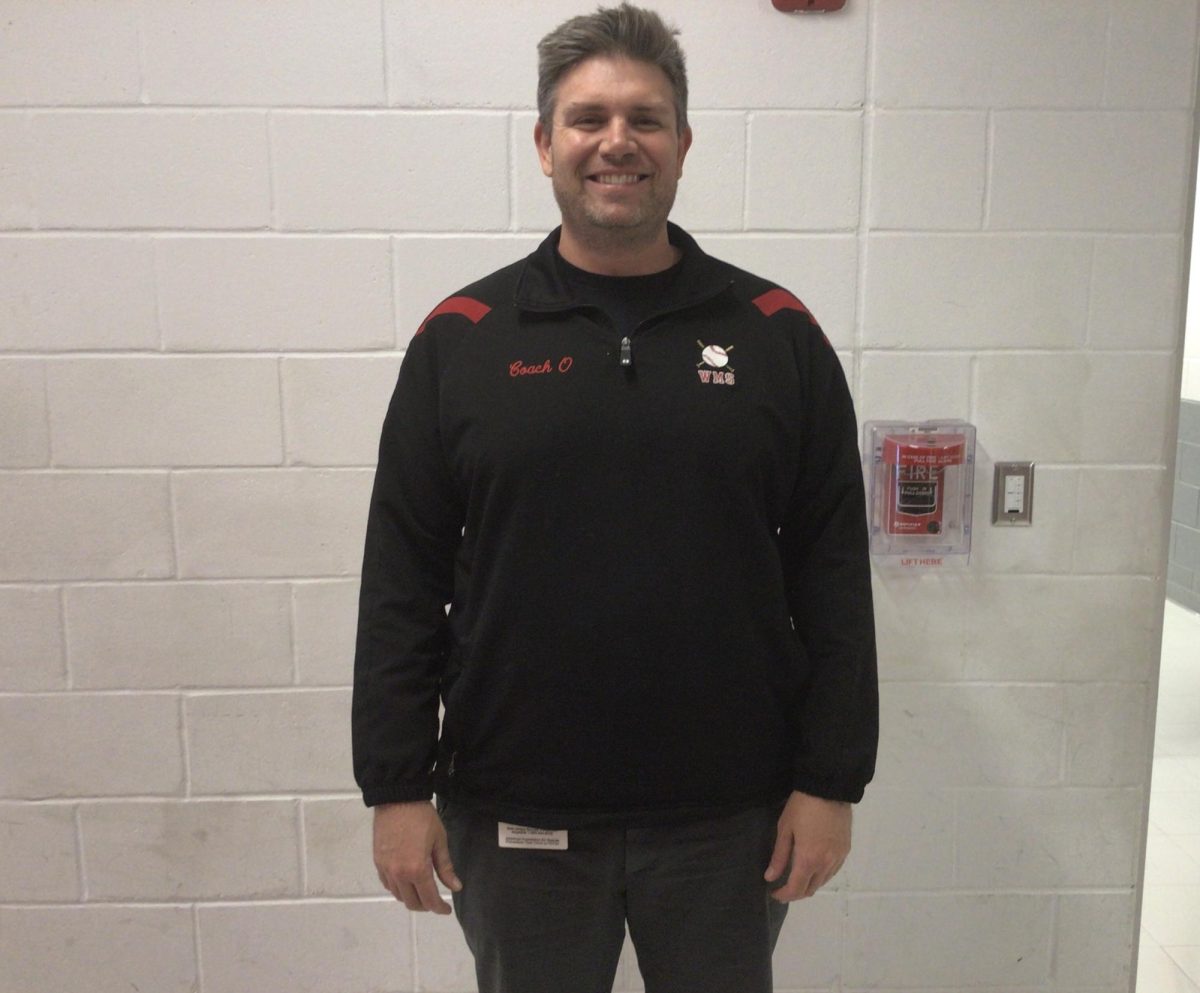




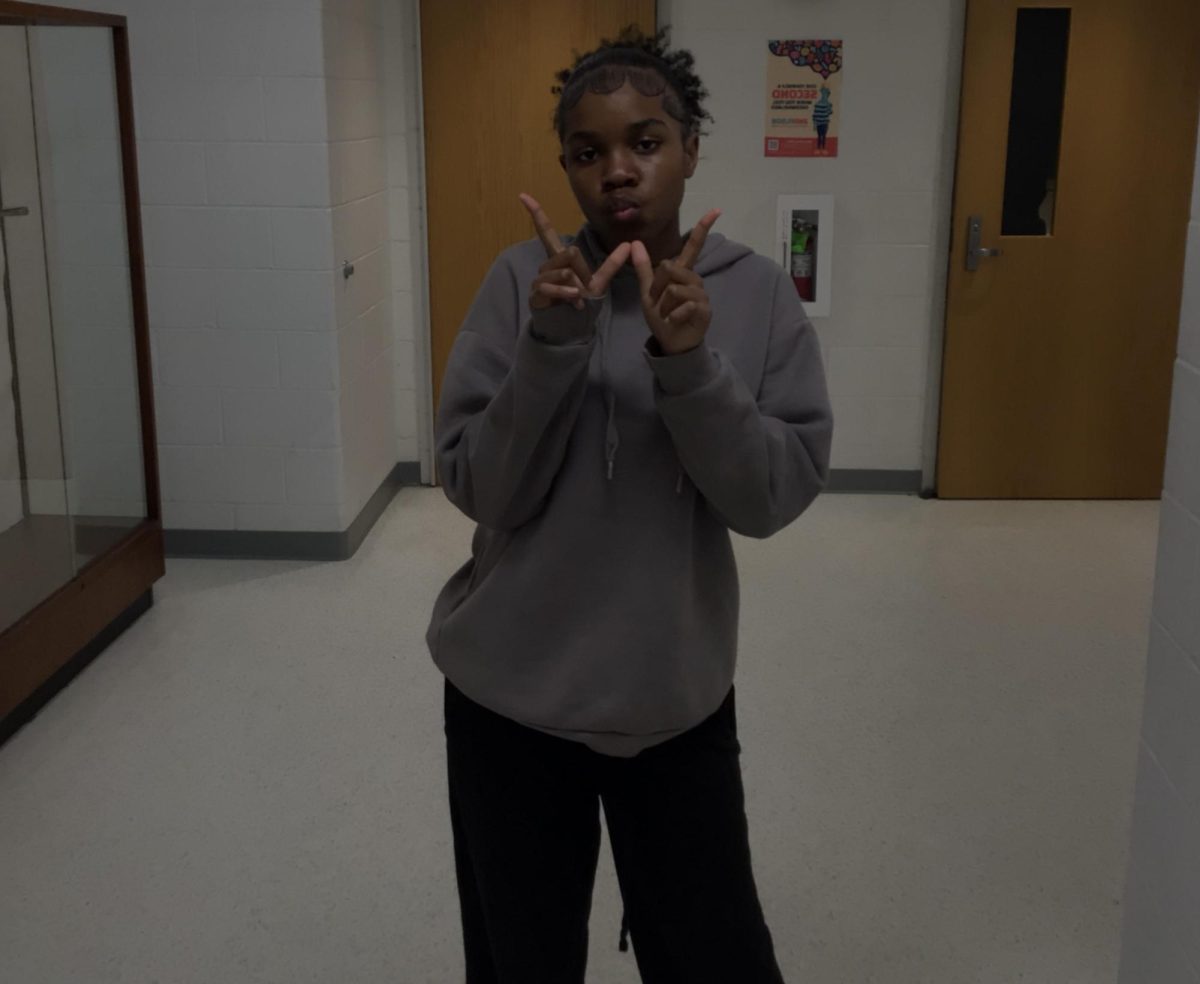


Grammy • Jun 6, 2024 at 11:16 am
Sophia, you chose to put yourself out there, in return to inform and help others. A truthful article. I admire you so much and extremely proud of the person you have become. Always stay true to yourself and beliefs.
Grandpa • Jun 3, 2024 at 9:46 pm
Sophia… you are amazing
great writing on a very dear topic.
love you ♥️
Ana suarez • Jun 3, 2024 at 9:00 pm
Amazing Sophia !! Great story and it will help many ,,there should be more kids like you ,that think all the media does is to ruin lives and confuse little kids and even adults with lies. You are my hero.❤